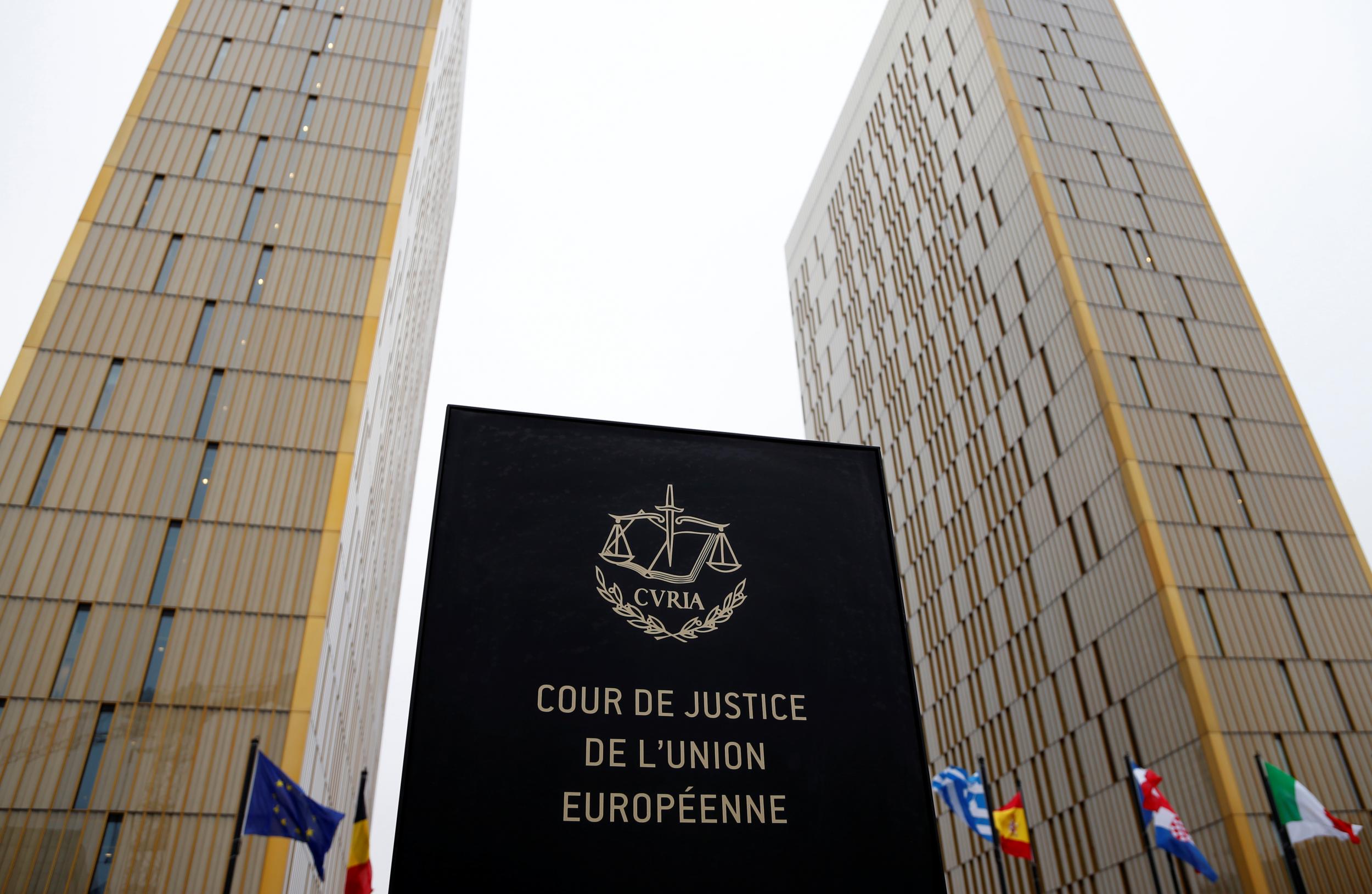UK government wrong to deny pension to transgender woman, rules European court
'This is a small decision but it has great importance in the move towards increased equality and respect,' say woman's lawyers

Your support helps us to tell the story
From reproductive rights to climate change to Big Tech, The Independent is on the ground when the story is developing. Whether it's investigating the financials of Elon Musk's pro-Trump PAC or producing our latest documentary, 'The A Word', which shines a light on the American women fighting for reproductive rights, we know how important it is to parse out the facts from the messaging.
At such a critical moment in US history, we need reporters on the ground. Your donation allows us to keep sending journalists to speak to both sides of the story.
The Independent is trusted by Americans across the entire political spectrum. And unlike many other quality news outlets, we choose not to lock Americans out of our reporting and analysis with paywalls. We believe quality journalism should be available to everyone, paid for by those who can afford it.
Your support makes all the difference.The UK government discriminated against a transgender woman by denying her a state pension upon retirement age, the European Court of Justice has ruled.
Britain’s Supreme Court had asked European judges to rule on the case, which involved an unnamed individual who was born a man in 1948.
The claimant, referred to only as MB, married a woman in 1974 and later had two children. She began to live as a woman in 1991 and underwent gender reassignment surgery in 1995.
In May 2008 she turned 60, the retirement age for women at that time, and applied for a state pension.
She was refused on the basis that she did not have a gender reassignment certificate, which had not been issued because she chose not to annul her marriage.
MB was told that she would have to wait until she reached the male state pension age of 65 before could collect her pension payments.
In a judgment on Tuesday, the European judges ruled the “UK legislation constitutes direct discrimination based on sex”.
Their ruling said: “The purpose of the UK’s statutory pension scheme is to provide protection against the risks of old age by conferring on the person concerned the right to a retirement pension acquired in relation to the contributions paid by that person during his or her working life, irrespective of marital status.
“The court concludes that, in the light of that subject matter and those conditions for entitlement, the situation of a person who changed gender after marrying and that of a person who has kept his or her birth gender and is married are comparable.
“The court points out that the purpose of the marriage annulment condition (that purpose being to avoid marriage between persons of the same sex) is unrelated to the retirement pension scheme.
“Since the difference in treatment in question does not come within any of the derogations allowed by EU law, the court finds that the UK legislation constitutes direct discrimination based on sex and is, for that reason, prohibited by the directive.”
The claimant’s lawyers said the ruling had “great importance in the move towards increased equality and respect”.
Christopher Stothers, of legal firm Freshfields Bruckhaus Deringer, and Jacqueline Mulryne, of Arnold and Porter, said in a joint statement: “We are delighted with today’s judgment, which vindicates our client’s determination to challenge the unlawful decision of the UK Government to refuse to recognise her change of gender or to pay her state pension.”
“After almost a decade, MB will finally be paid her pension and recognised as a woman by the Government. This is a small decision but it has great importance in the move towards increased equality and respect.
“The court rightly recognised that the Department for Work and Pensions‘ (DWP) treatment of our client, in requiring annulment of her marriage before recognising her gender and paying her pension, was directly discriminatory and could not be distinguished by the desire to avoid same sex marriage.
“The case now returns to the Supreme Court to apply the ruling, although we are hopeful that the DWP will apply the ruling and recognise our client’s gender without any further delay.”
A DWP spokesman said: “We are carefully considering the implications of the Court of Justice of the European Union’s judgment and will await the verdict of the Supreme Court.”
Join our commenting forum
Join thought-provoking conversations, follow other Independent readers and see their replies
Comments